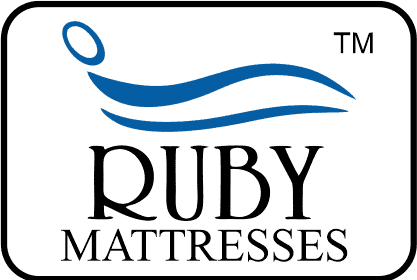How Much is the Best Nap Duration?
Table of Contents
Introduction:
In today’s fast-paced world, where people are constantly juggling multiple responsibilities and facing high levels of stress, taking a nap can be a rejuvenating way to recharge and boost productivity. However, determining the optimal duration for a nap can be a matter of personal preference and can vary based on individual needs and circumstances. In this blog post, we will explore the factors to consider when determining the best nap duration and delve into the benefits of napping for overall well-being.
Understanding the Sleep Cycle:
To comprehend the ideal nap duration, it is essential to understand the stages of sleep. Sleep consists of various cycles, including light sleep, deep sleep, and REM (Rapid Eye Movement) sleep. These cycles repeat throughout the night, and each has its unique benefits.
Types of Naps: Napping can be classified into three categories based on duration:
- Power Naps (10-20 minutes): Power naps are short, refreshing naps that aim to boost alertness and enhance cognitive function. They are ideal for individuals who need a quick energy boost during the day. Power naps are known to improve focus, memory, and creativity while avoiding the grogginess associated with longer naps.
- Short Naps (30 minutes): Short naps provide a balance between quick rejuvenation and deeper relaxation. They can be beneficial for individuals seeking a brief respite from fatigue and drowsiness. Short naps can enhance mood, alertness, and cognitive performance, making them suitable for students, professionals, and individuals in high-demanding jobs.
- Long Naps (60-90 minutes): Long naps, also known as “REM naps,” aim to complete a full sleep cycle, including all stages of sleep. These naps are beneficial for individuals who require extended rest, such as those who are sleep-deprived or experiencing a sleep deficit. Long naps can enhance memory consolidation, creativity, and emotional well-being. However, they may lead to sleep inertia, causing temporary grogginess upon waking.

Factors Influencing Nap Duration: While the above classifications provide a general guideline, determining the best nap duration depends on several factors:
- Time Available: Consider the amount of time you have for a nap. If you have limited time, a power nap or a short nap can provide quick revitalization. However, if you have the luxury of more time, a longer nap might be suitable to fulfill your sleep needs.
- Sleep Debt: If you are sleep-deprived or experiencing a sleep deficit, longer naps may be necessary to compensate for the lack of quality sleep. In such cases, a 60–90-minute nap can help replenish energy and restore cognitive function.
- Daily Schedule: Consider your daily schedule and how a nap may fit into it. Shorter naps can be more convenient for individuals with busy routines, allowing them to quickly recharge without disrupting their day. Longer naps may require more planning and may be better suited for individuals with more flexibility.
- Personal Preference: Ultimately, the best nap duration varies from person to person. Some individuals may find that a power nap is sufficient to re-energize, while others may require a longer nap to feel fully restored. Listen to your body and experiment with different nap durations to determine what works best for you.
Benefits of Napping: Napping offers numerous benefits, regardless of the duration:
- Enhanced Productivity: Napping can improve alertness, focus, and cognitive function, leading to increased productivity and performance in daily activities.
- Stress Reduction: Taking a nap can help alleviate stress, reduce anxiety levels, and improve overall mood and well-being.
- Memory Consolidation: Napping, especially longer naps, facilitates memory consolidation, helping to retain and recall information more effectively.
- Creativity Boost: Naps have been found to enhance creative thinking and problem-solving abilities, allowing for increased innovation and idea generation.
Monitoring the Effectiveness of Naps: To measure the effectiveness of your napping routine, consider the following:
- Keep a sleep diary to track how different nap durations affect your energy levels, alertness, and overall well-being.
- Observe your post-nap performance and determine if you experience any grogginess or if you feel refreshed and revitalized.
- Pay attention to your sleep quality during the night. If you experience difficulty falling asleep or disrupted sleep patterns after napping, consider adjusting the duration or timing of your naps.
Conclusion:
Napping can be a valuable tool for promoting well-being and boosting productivity. While there is no one-size-fits-all answer to the question of the best nap duration, understanding your personal needs, considering factors such as time available, sleep debt, and daily schedule, will help guide you in determining the optimal duration for your naps. Experiment with different durations and pay attention to the impact on your energy levels, cognitive function, and overall sleep quality. Embrace the power of a well-timed nap and discover how it can positively influence your daily life.

No Comments